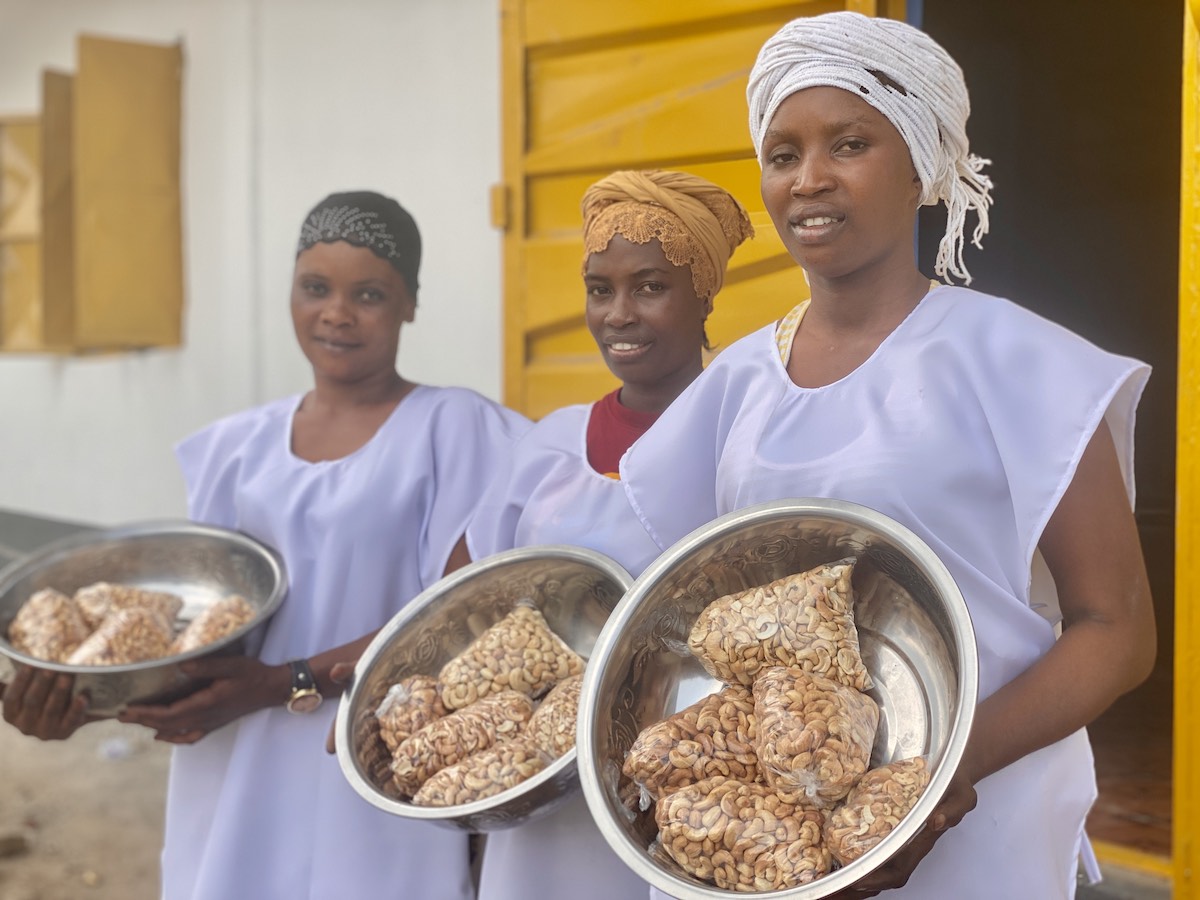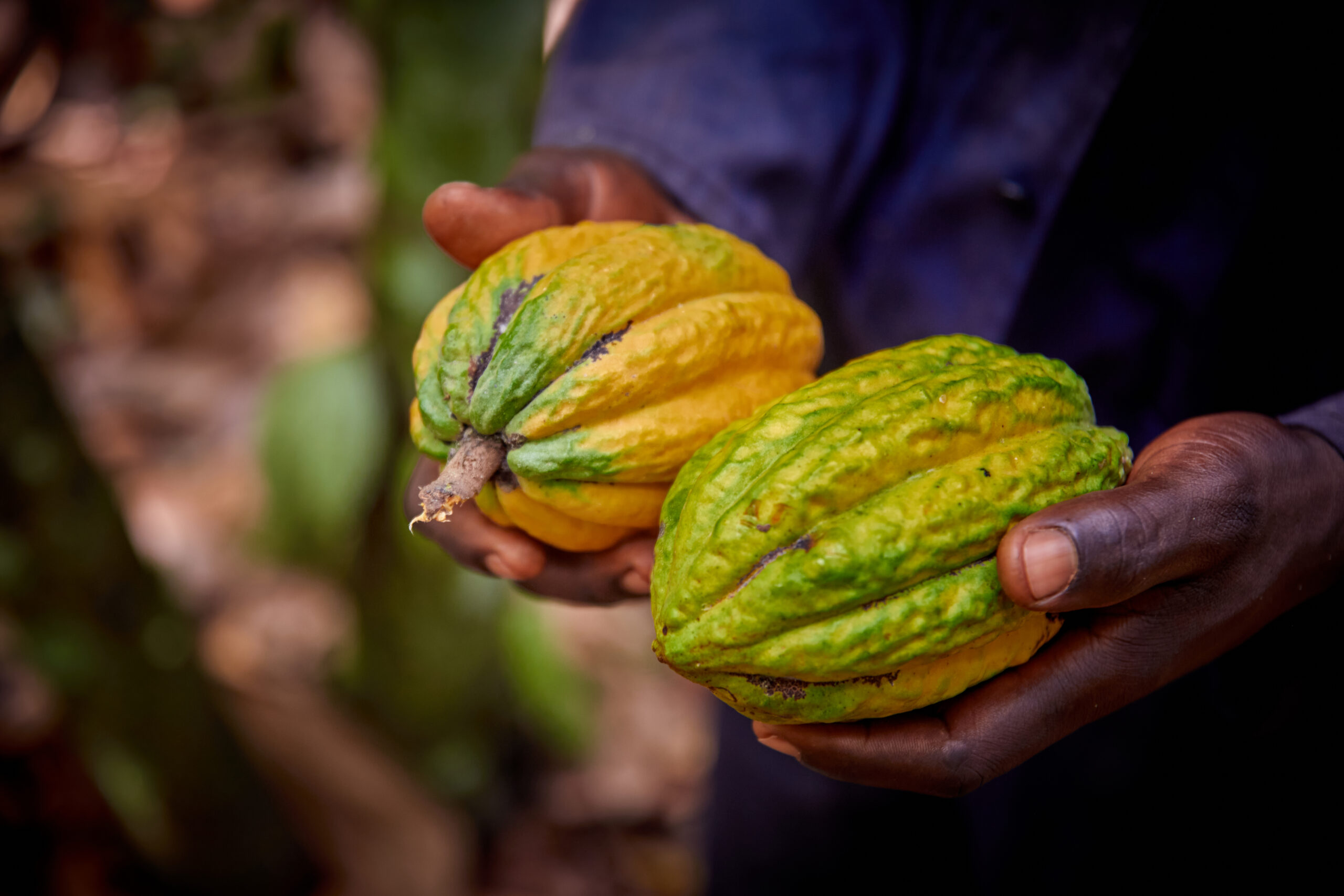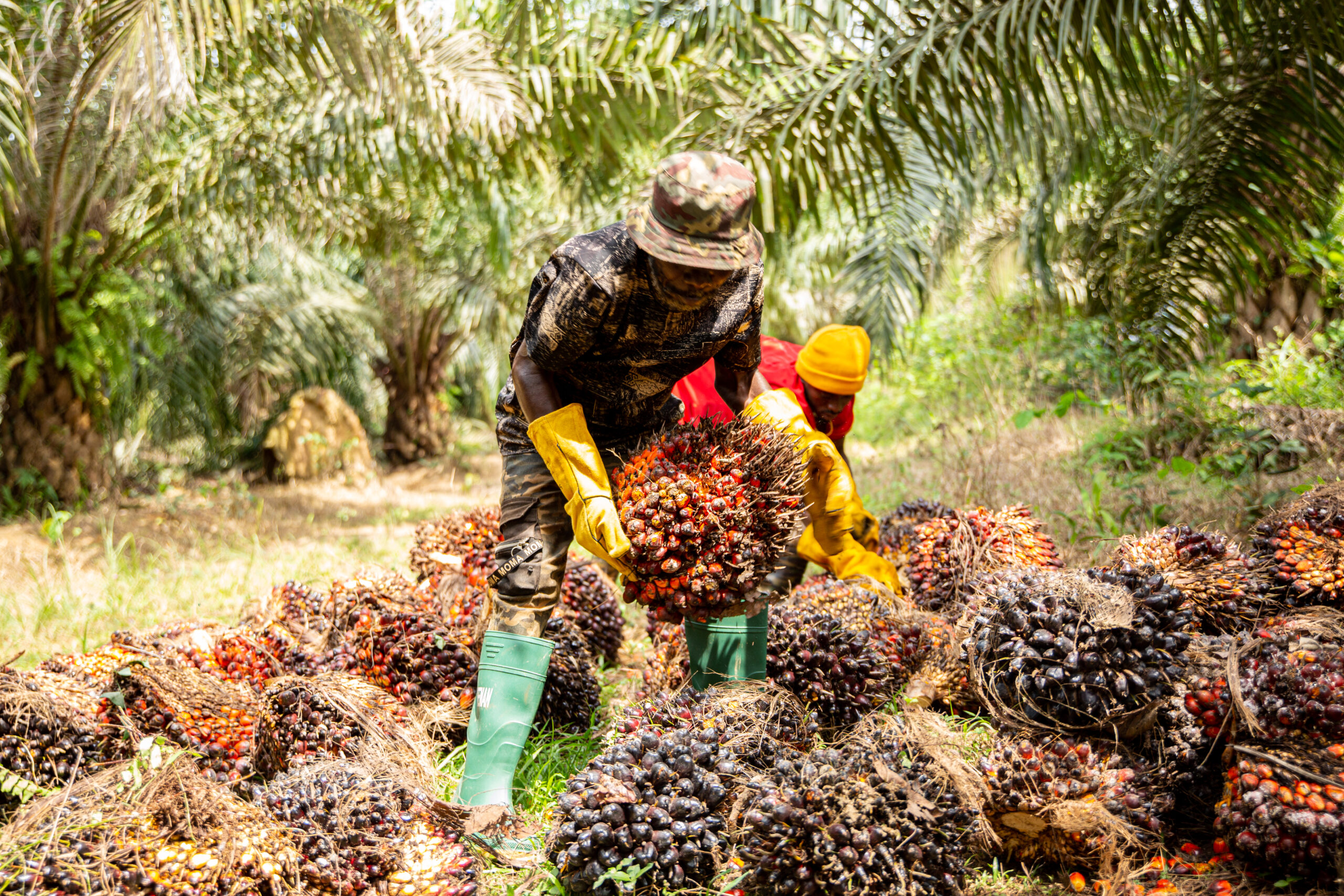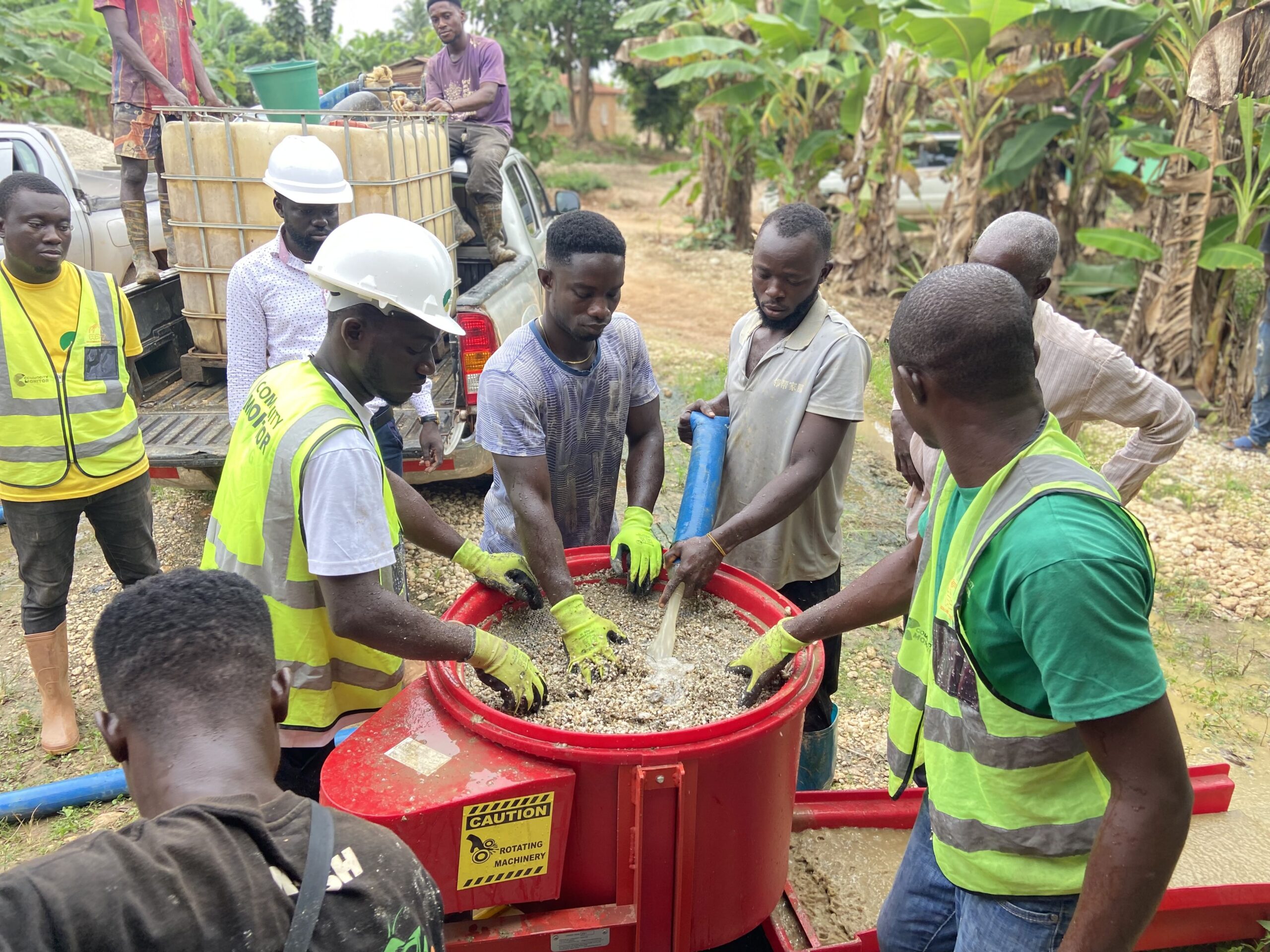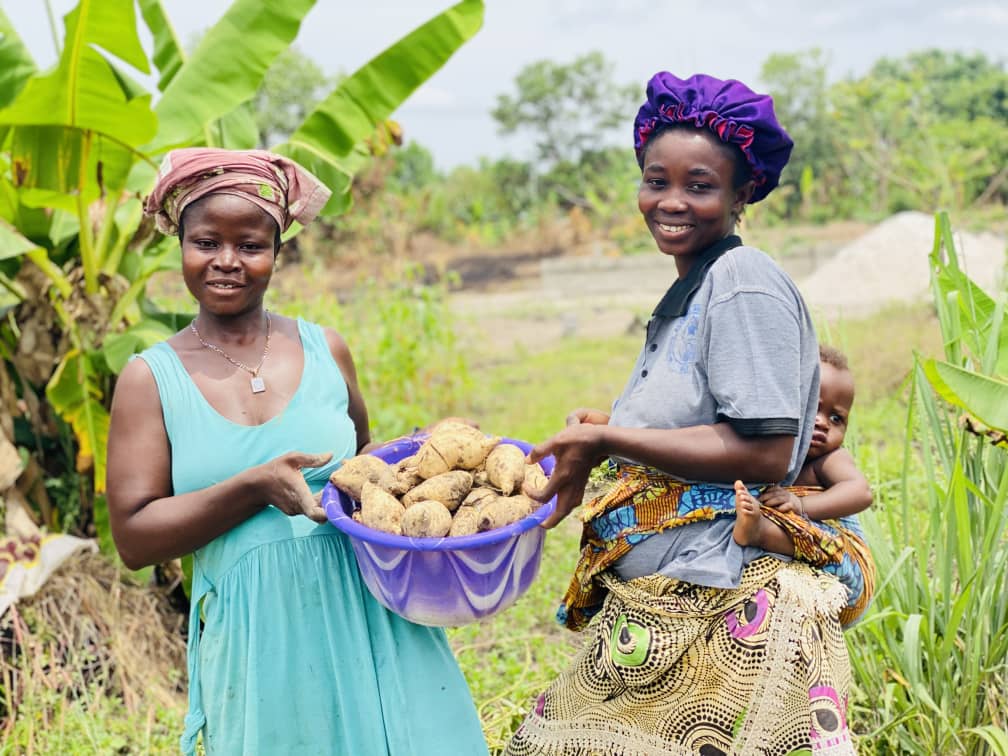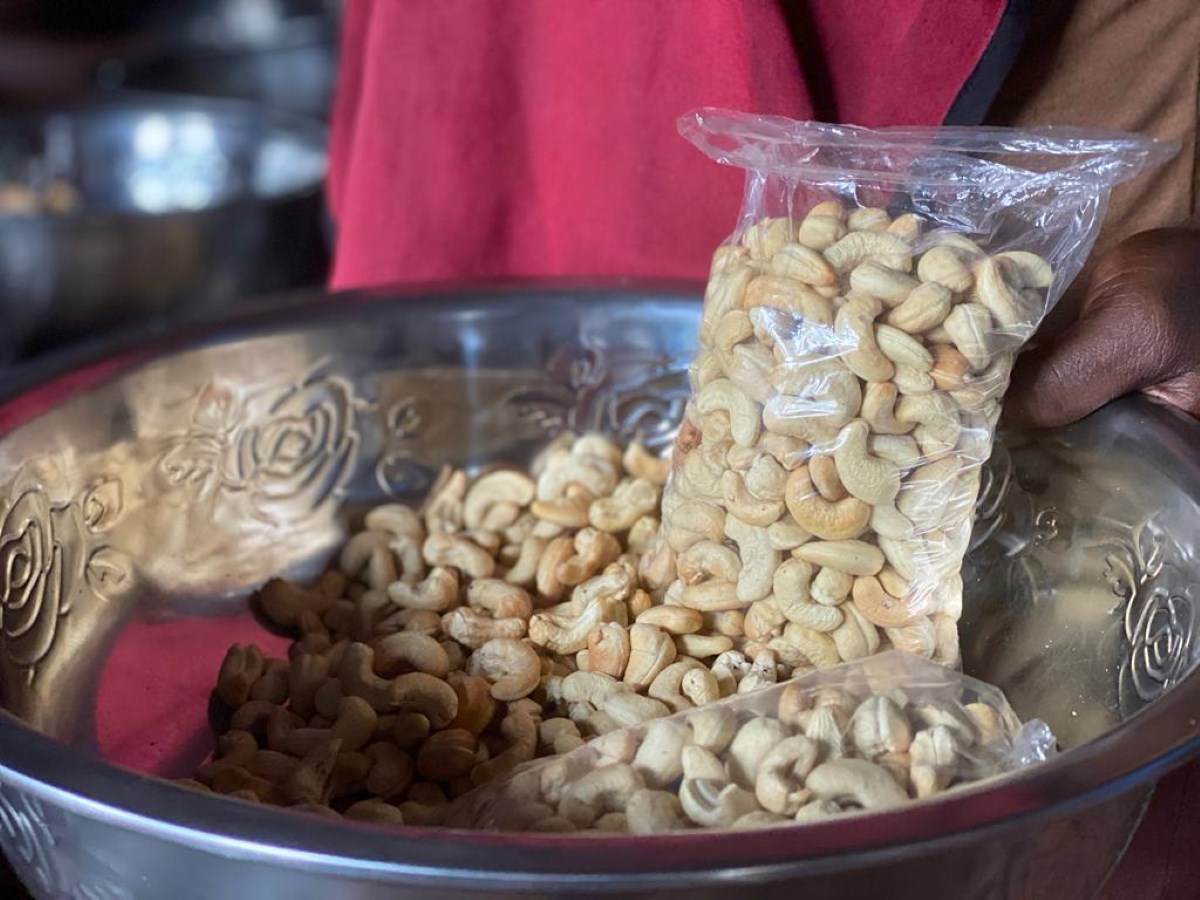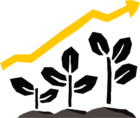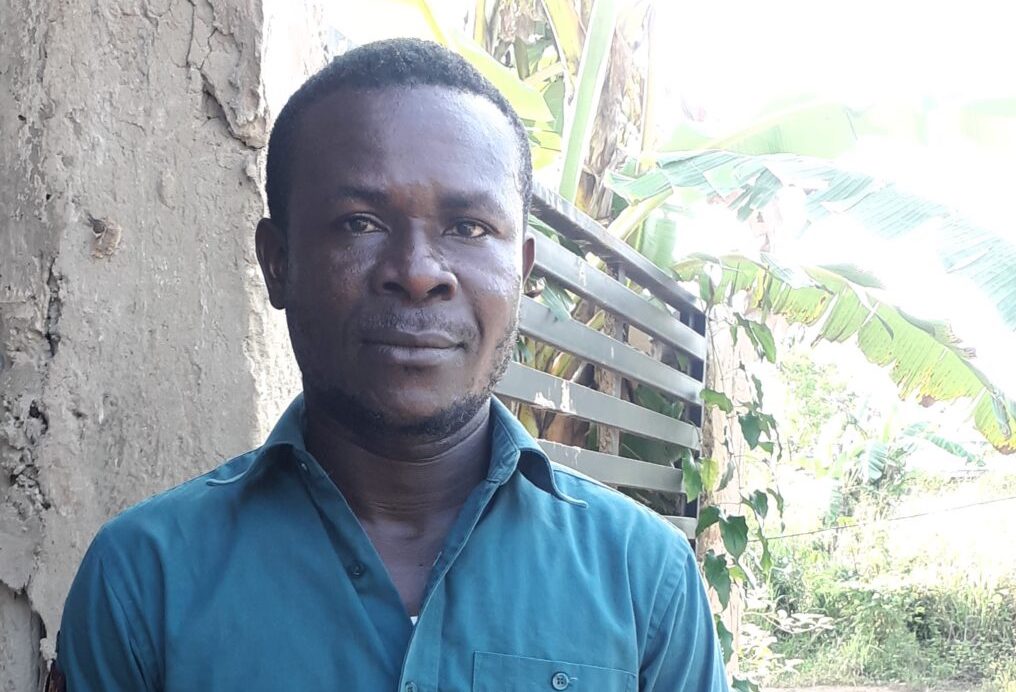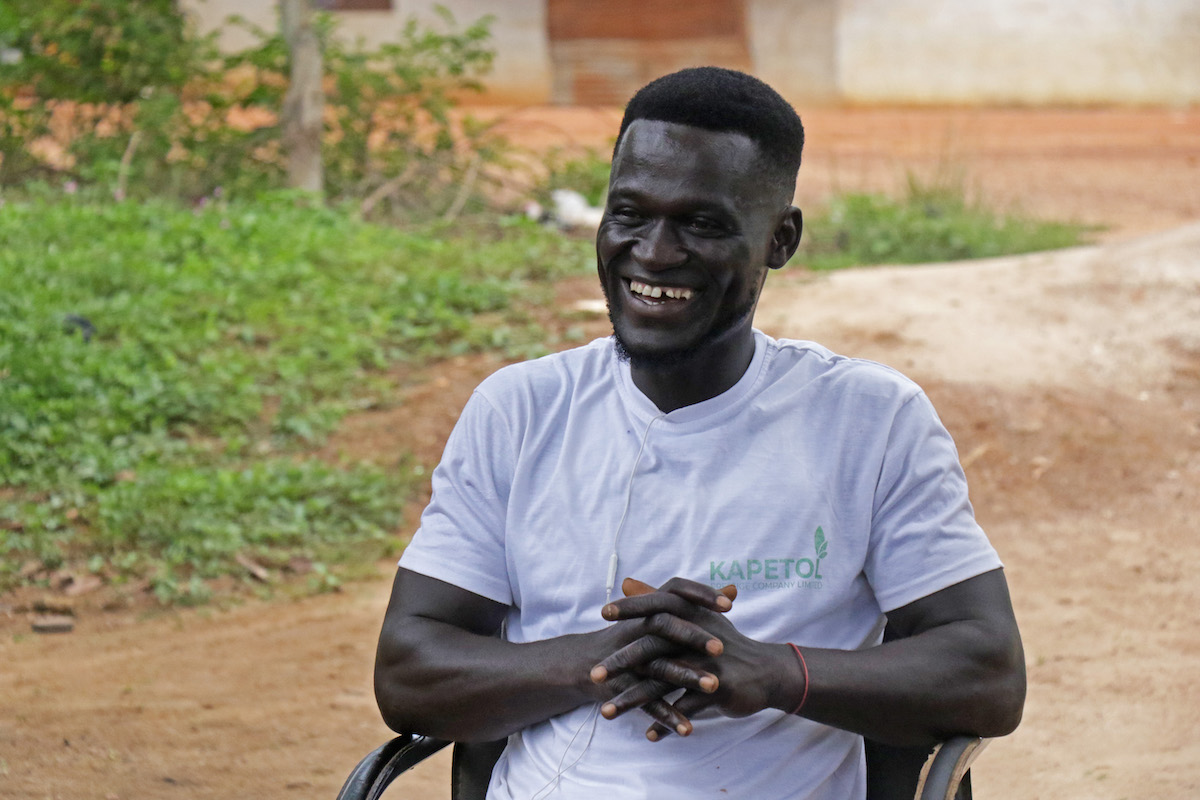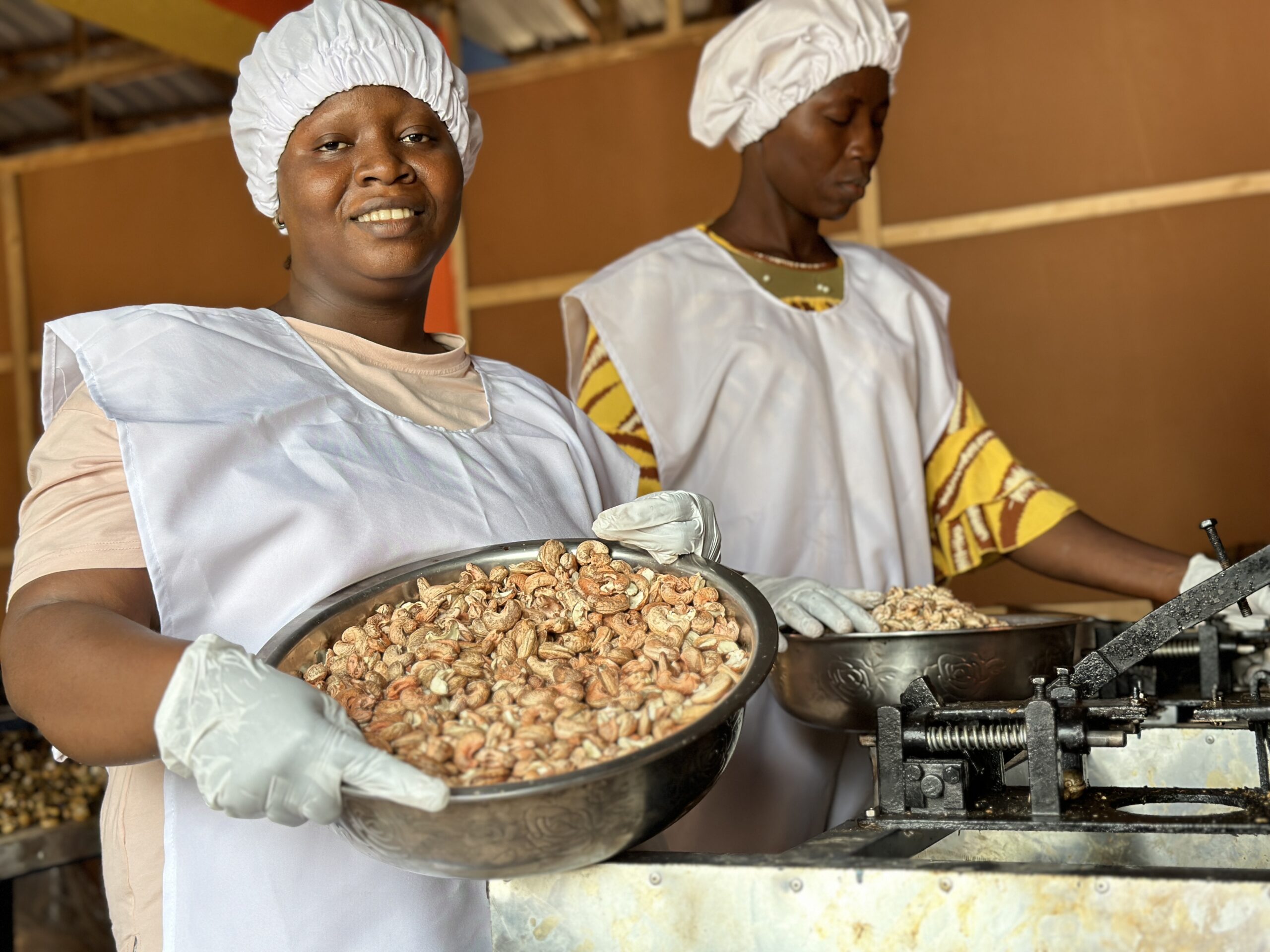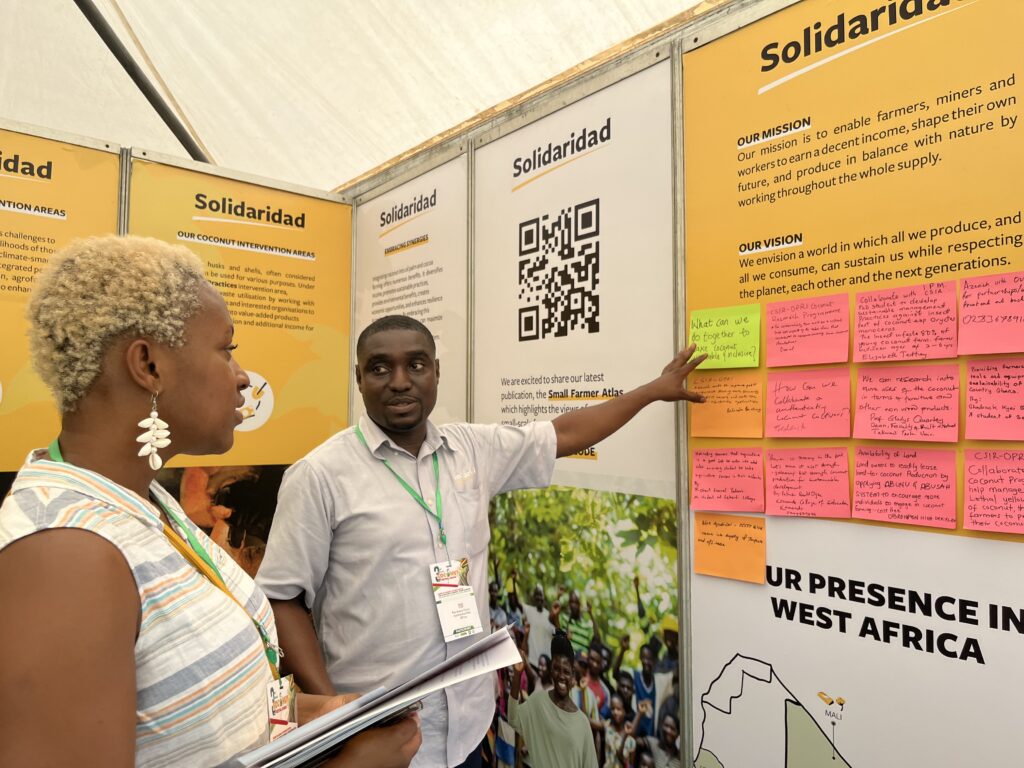Highlights
Results
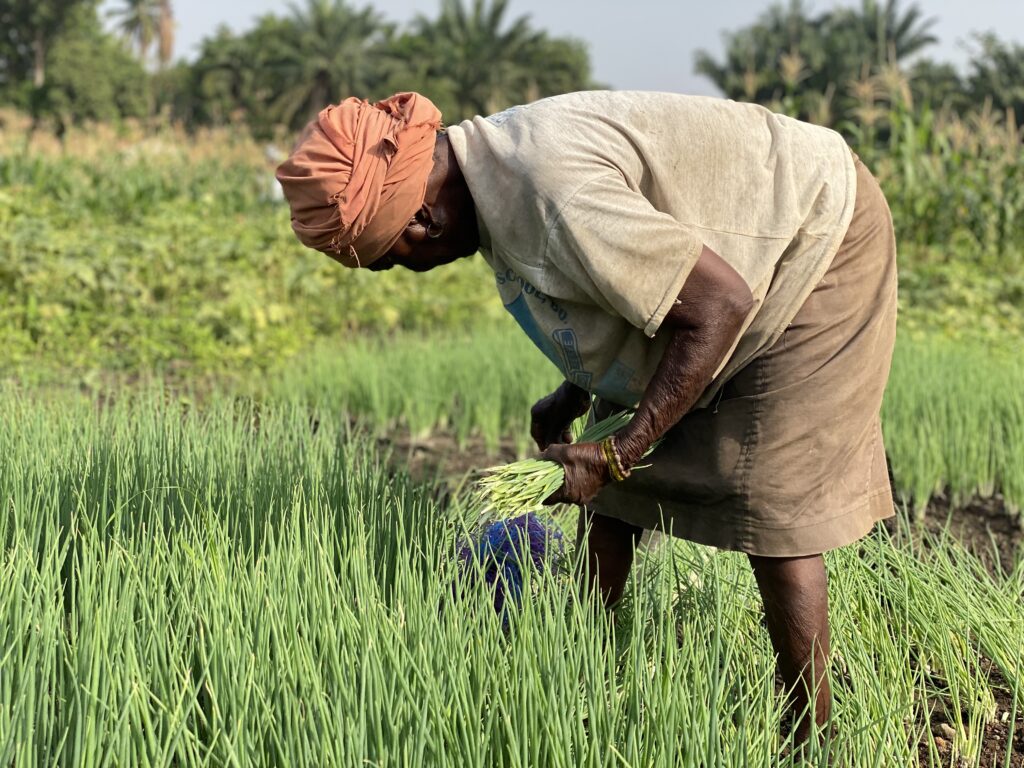
Building Bridges to Sustainability
Deepen impact in four intervention areas
In the past year, we worked with zest to create sustainable opportunities for 30,152 farmers, miners and workers across the agricultural and mining sectors in West Africa to improve their working conditions, resilience and livelihoods as a whole. Building on previous years’ successes, we continued to deepen our efforts in the four interconnected result areas as seen below:
Change that Matters Stories
Sustainability Solutions
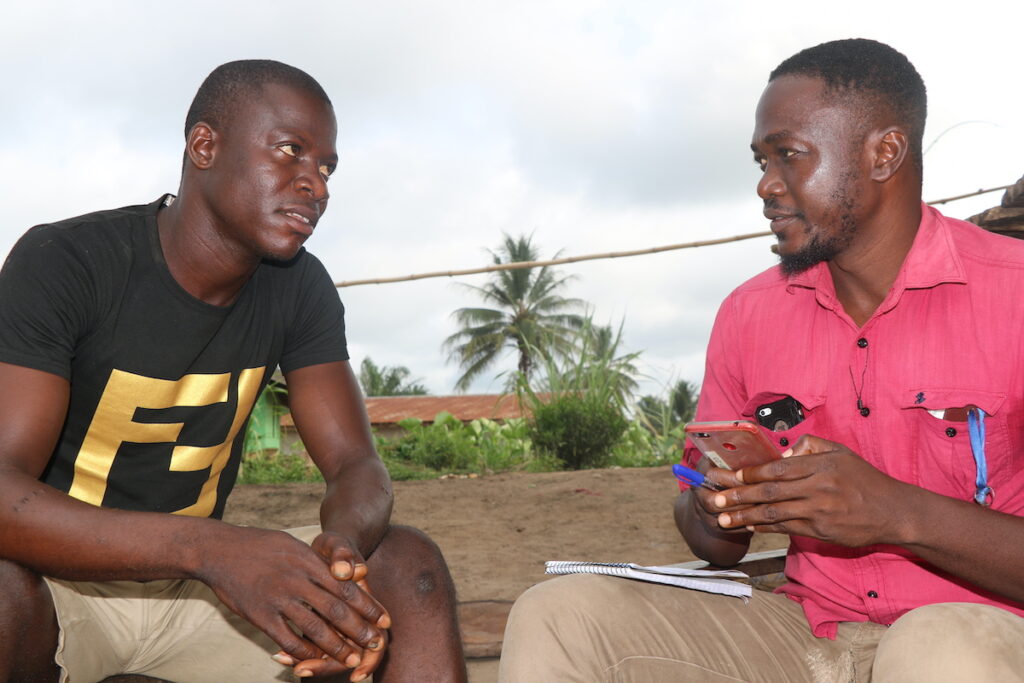
Innovating for change
Enhancing Sustainability through Digitization
In 2023, we harnessed digital solutions to bridge the gap between service providers, buyers, miners and farmers. These solutions contributed to enhanced efficiency in the supply chains we work in.
Commodities results
Advancing Sustainability Across Commodity Supply Chains
From cocoa and oil palm to gold and food crops, our initiatives aimed to foster environmental stewardship, gender inclusivity and community development. This was done through targeted training programmes, policy advocacy and innovative initiatives.
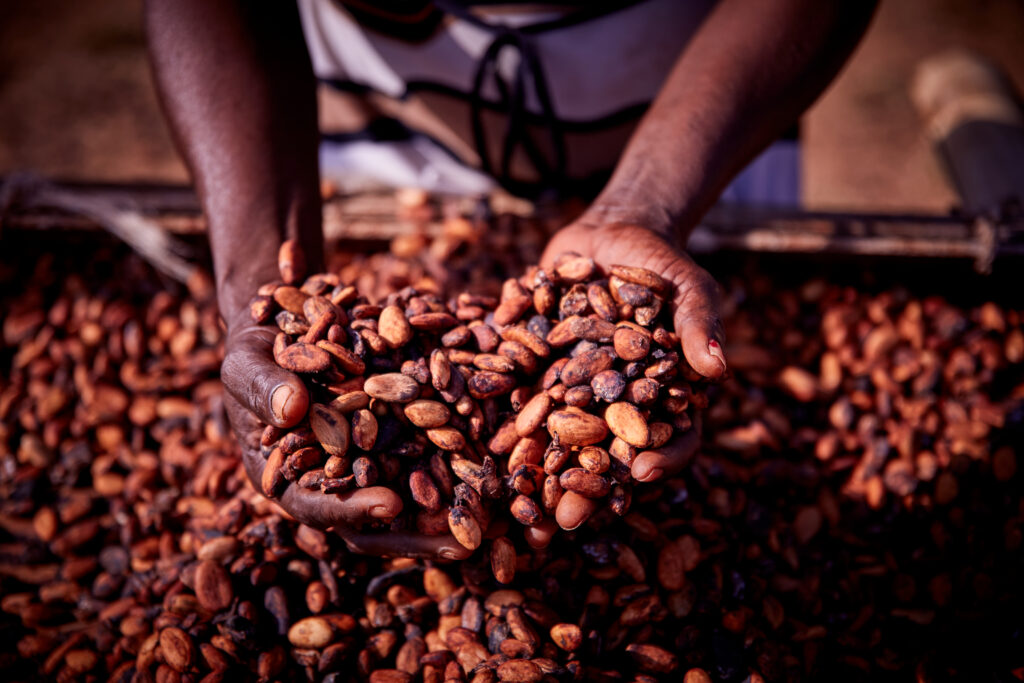
Organization & governance
Working together
Strengthening Capacity to Yield Impactful Results
Solidaridad West Africa appointed two new country representatives for Ghana and Cote d’Ivoire and worked to create a diverse and inclusive workforce.
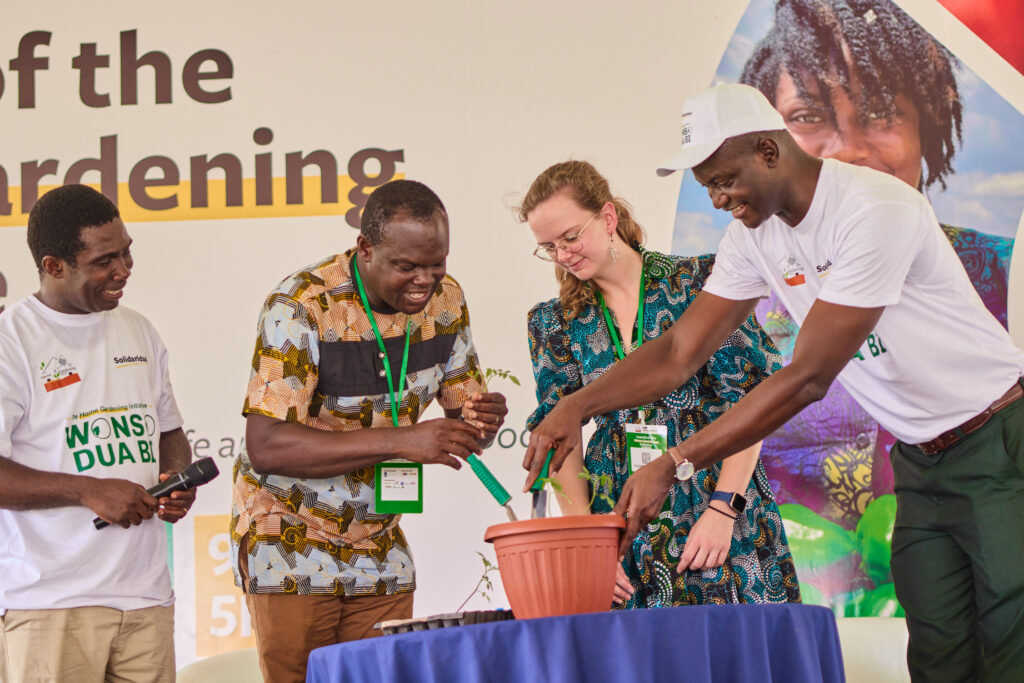
Finance
Solidaridad in West Africa realized a total income of 13.1 million euros in 2023 compared to 12.3 million euros realized in 2022, representing a 7 percent increase. This feat was achieved due to our successes in project implementation from previous years, and collaboration with other Solidaridad entities and partners.

Income generated from private sector companies went up from 1.8 million euros to 3.4 million euros, representing an increase of 88 percent. Most of the private sector investments came from cocoa companies to finance interventions that address development challenges plaguing the sector, such as climate-smart cocoa production, deforestation, child labor and climate change. Income from other organisations reduced from 5.4 million euros in 2022 to 4.1 million euros in 2023, representing a reduction of 24 percent. This is a result of the limited budget for closing out our EU-funded projects in Liberia and Sierra Leone in 2023. Efforts were, however, made to secure income from organizations other than the EU, most of which started with a minimal budget in the latter part of 2023.

The region’s expenditures in 2023 increased from 12.3 million euros to 13.2 million euros, representing an increase of 7 percent. Investment in cocoa programmes represents 56 percent of our expenditure, followed by oil palm at 20 percent, climate and other food security programmes at 19 percent and the gold programme at 5 percent. Out of the expenditure of 13.1 million euros, 20 percent was spent on employee welfare, 10 percent on other costs and 68 percent on other programme implementations. To ensure improved quality delivery of services, staff salaries were adjusted to cater to the depreciation of local currency across West Africa, thus increasing employee expenses slightly by 5 percent. The year ended with a deficit of 53,000 euros.

